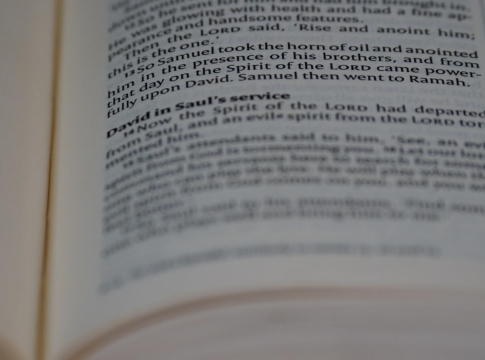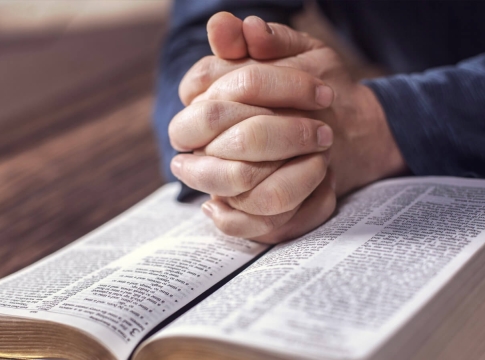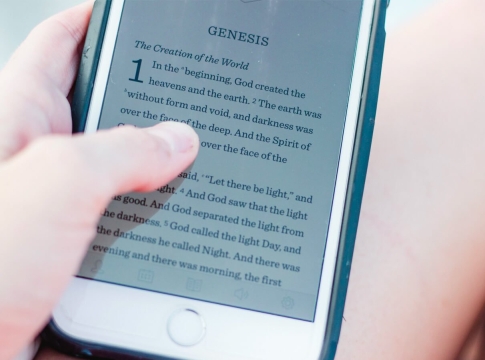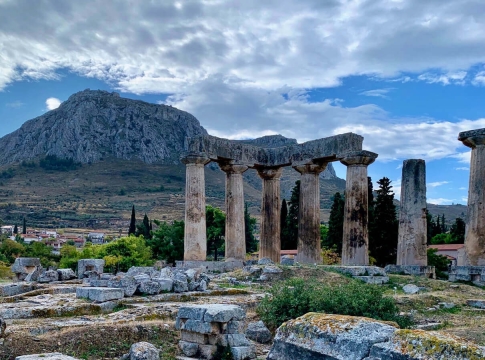
Many Bible readers only know Ezekiel from the perspective of the vision of God’s magnificent chariot throne (Ezekiel 1:4–28; 10:1–22) and the valley of dry bones (Ezekiel 37:1-28). The 48 chapters of Ezekiel are actually much more than that.
In addition to being a prophet, Ezekiel was a priest (1:3). Jeremiah prophesied while he was still in Jerusalem, while Ezekiel prophesied in Babylon, where he was relocated after being taken prisoner by King Nebuchadnezzar, along with King Jehoiachin and several other people. Ezekiel was designated by God to serve as the “watchman for the house of Israel” (3:17). God told him to tell them what was going on, “whether they listen or fail to listen” (2:7). Let’s pay attention to what God is trying to teach us via Ezekiel.
God’s holiness
The most prominent feature of God that Ezekiel emphasizes is [God’s holiness]. Ezekiel was overcome and rendered speechless by his encounter with God in all of His glory riding upon His chariot throne (3:15). He remained steady and obedient throughout his service as a result of this encounter. Even while our conception of God may not be quite the same, we can still interact with His word on a regular basis to experience Him as the holy and righteous God.
God is sovereign
God’s sovereignty over the entire world is demonstrated by the fact that in chapters 26 through 32, God spoke to Ezekiel while he was in Babylon and spoke against other nations and leaders. He even has the ability to manipulate the greatest superpower.
To speak boldly
Speaking fearlessly on Jerusalem’s and Israel’s faults, Ezekiel did not hold back (12:1-24). When things are not going well, we cannot act as though they are. It must be made evident to them that they have sinned against God when they do so.
Sin invites judgement
With Ezekiel, the exiles in Babylon hoped for a speedy return to Jerusalem. The idea that sin draws judgment was not taken seriously by them (4:1–5:17). Then, the devastating news that Jerusalem had fallen reached us (33:21). Nebuchadnezzar had been defied by King Zedekiah, who had disregarded the prophet Jeremiah’s counsel. Consequently, Jerusalem and the temple were totally devastated by his army. God takes sin very seriously, and He will appoint whoever He pleases to administer justice. It is quite beneficial to learn this lesson.
Turn from evil
In Ezekiel, God’s primary goal is most prominently expressed in verse 18: “that the wicked man will turn from his evil ways and save his life.” Through Ezekiel, God makes it abundantly evident that He is not amused by the devils’ demise (18:23, 32). These days, minorities and the innocent are the targets of so much persecution and violence. How ought we to offer prayers? That God will annihilate the evildoers with his great power? Not at all! Instead, we ought to pray for them to turn from their evil, turn from their ways, and protect rather than harm.
Vision of the future
Later chapters of Ezekiel (36–37; 40–48) provide a future picture for both the exiles and us. A new heart and spirit are promised as part of the new covenant, enabling people to live according to God’s commands. When Jesus died on the Cross and created the New Covenant in his blood, this came to happen. As stated in Revelation 21–22 and 47:1–12, the promise of a New Jerusalem with the River of Life flowing from its temple is still unfulfilled.
We must persevere through all of life’s hardships and hold fast to our faith because we are certain that our tale [has an amazing ending].





